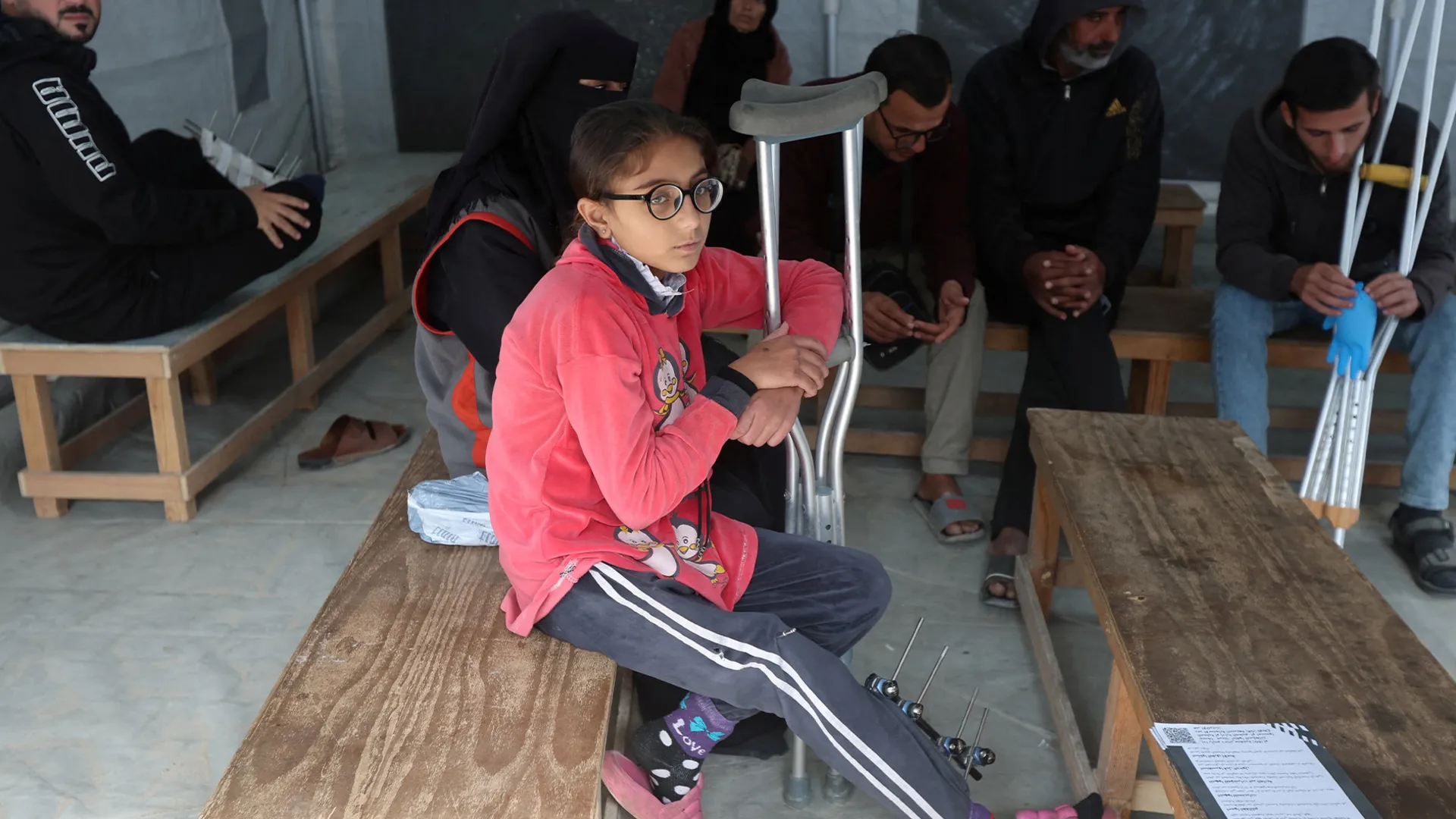Israel’s NGO ban forces dozens of aid groups to suspend work in Gaza | Gaza
Israel is revoking the licenses of 37 international organisations, forcing them to stop operations in Gaza. Al Jazeera’s Hani Mahmoud explains how the new restrictions will worsen an already dire humanitarian crisis.
Published On 1 Jan 2026
